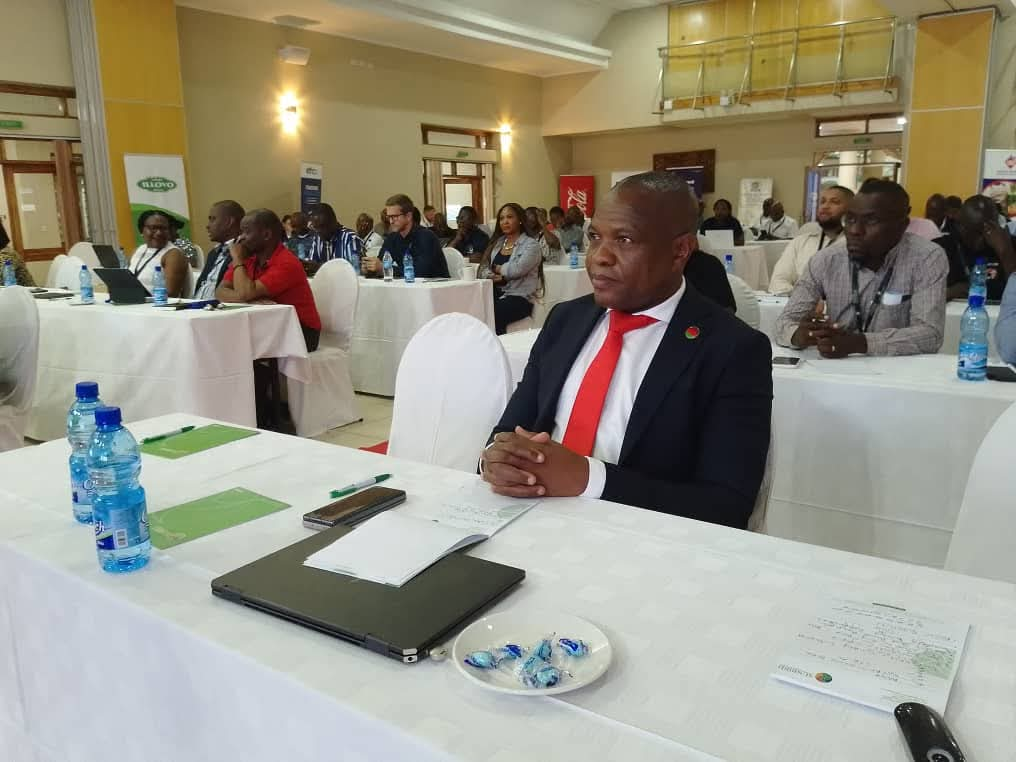By Burnett Munthali
Business leaders from across Malawi have converged in Mangochi for the highly anticipated 2025 Lakeshore Business Leaders’ Summit, which officially began this afternoon.
The gathering marks a key moment in the national economic calendar, drawing participants from a wide spectrum of industries, including agriculture, manufacturing, finance, technology, and energy.
The event is spearheaded by the Malawi Confederation of Chambers of Commerce and Industry (MCCCI), an organization renowned for facilitating critical dialogue between the private sector and government.
As a high-profile annual platform, the Lakeshore Business Leaders’ Summit is designed to stimulate forward-looking conversations and strategic planning among Malawi’s most influential business minds.
This year’s edition runs from April 24 to 26 and is anchored under the powerful and ambitious theme: “Unlocking Private Sector-Led Growth: Strategies for Economic Transformation.”
The theme reflects a growing consensus within policy and business circles that Malawi’s economic development hinges significantly on the vibrancy, innovation, and leadership of its private sector.
By placing the private sector at the center of economic discourse, the summit aims to create actionable pathways to achieving the long-term aspirations outlined in the Malawi 2063 vision.
The Malawi 2063 blueprint outlines a development agenda that seeks to transform the country into an inclusively wealthy and self-reliant industrialized upper-middle-income economy.
The summit serves as a platform for candid engagement, idea exchange, and the forging of meaningful partnerships between entrepreneurs, investors, policy makers, and civil society actors.
One of the most anticipated sessions featured keynote speaker Fredrick Changaya, a respected voice in the corporate sector and a long-time advocate for private sector inclusion in national policy formulation.
In his address, Changaya challenged business leaders to go beyond complaints and rhetoric, and instead become active contributors to Malawi’s economic transformation.
He urged summit participants to identify and engage with policy spaces where their input can shape legislation, taxation, trade policies, and investment incentives.
According to Changaya, sustainable development cannot be driven by the government alone, but requires the coordinated involvement of private actors who understand market dynamics and operational challenges.
He emphasized that the private sector’s experience in navigating complex environments positions it uniquely to propose realistic and innovative solutions for national progress.
Changaya also stressed the importance of aligning private sector growth strategies with Malawi 2063’s key pillars, which include industrialization, urbanization, and human capital development.
He warned that unless businesses align with national development priorities, the dream of economic transformation will remain elusive.
Participants at the summit are expected to attend panel discussions, workshops, and networking sessions designed to explore practical solutions to systemic economic constraints.
Sessions are expected to touch on issues such as access to finance, youth entrepreneurship, digital innovation, trade competitiveness, infrastructure bottlenecks, and public-private partnerships.
MCCCI officials have underscored their commitment to ensuring that insights and resolutions emerging from the summit are not shelved, but are instead translated into tangible actions through policy engagement and private sector reform.
As the three-day summit continues, optimism remains high that Mangochi will once again serve as the launchpad for bold ideas and strategies that can transform Malawi’s economic landscape.
The convergence of minds at the lakeshore signals a growing resolve among business leaders to take the lead in writing the next chapter of Malawi’s economic story.
With active participation, strategic thinking, and collective resolve, the private sector has the potential to unlock doors long thought sealed in the journey toward a prosperous Malawi.



